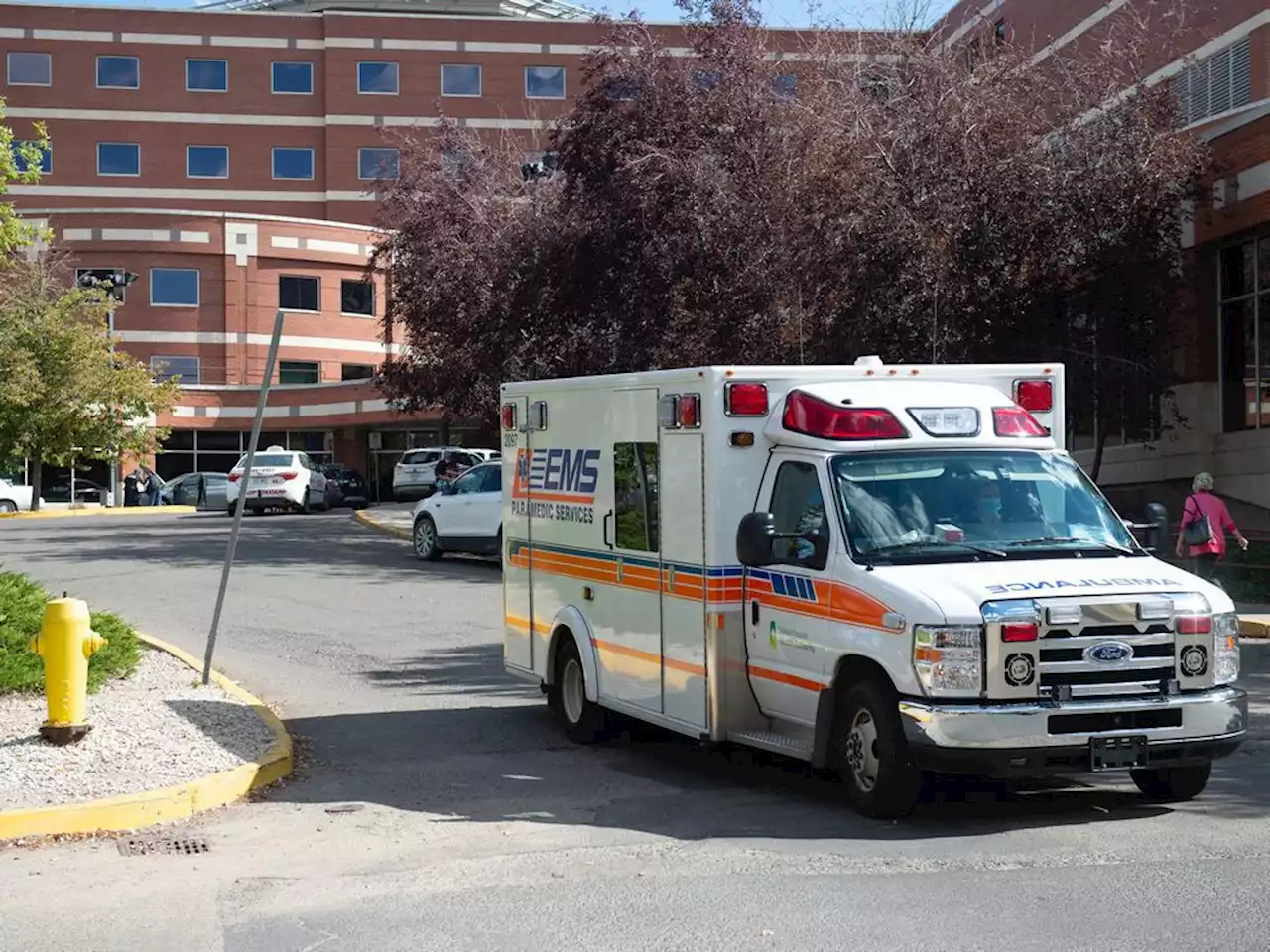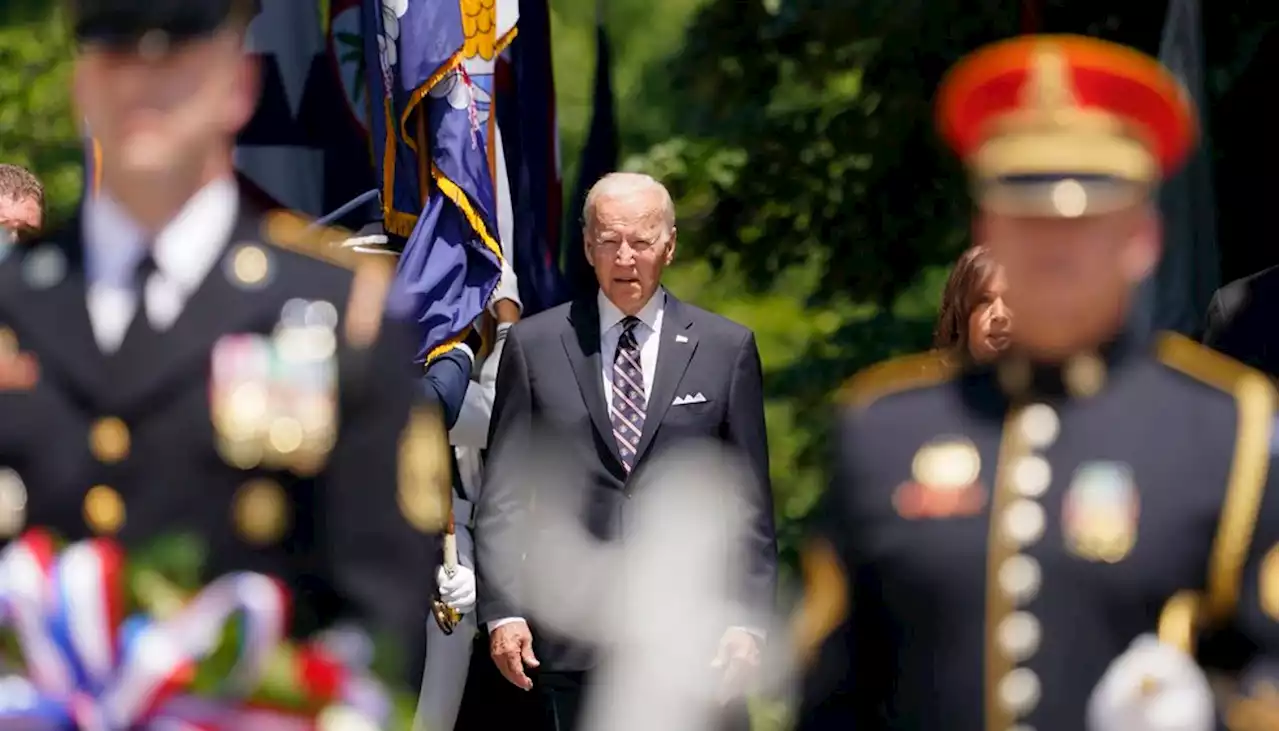A study shows that first responders who are not police can be more effective for low-level incidents
In September 2020 Golda Barton’s 13-year-old autistic son became frantic with anxiety the first day she had to return to work after several months at home. His mother called 911 and asked for a crisis intervention team. When Salt Lake City police showed up, the boy ran. One of the officers chasing him shot him 11 times, leaving him in critical condition.
“There may be a propitious opportunity because of the larger political context, and these types of reforms should be appealing across the spectrum,” says Dee, a senior fellow at the Stanford Institute for Economic Policy Research. “If your politics are ‘back the blue,’ you should be excited because many police say they don’t want to deal with the service calls being handled by community response.
The Support Team Assistance Response program in the Denver pilot is one of three types of reform-oriented programs intended for response to low-level offenses that may involve a mental health crisis. Two of the programs still involve police: one trains them in crisis intervention, and the other is a co-response model that partners cops with mental health professionals. The STAR program, which is modeled on an older program known as CAHOOTS that began in Eugene, Ore.
Compared with rates of criminal offenses in the same precincts before the program was piloted and with those in precincts that did not use it during the same six-month period, the researchers estimate that there were 1,376 fewer low-level offenses during the pilot. Expenditures for providing help may also drop when health workers show up instead of police. Dee and Pyne estimated that the $208,141 program cost Denver about $151 for each incident. In contrast, if the people involved were funneled through the criminal justice system, the estimated cost would be $646 per person, more than four times higher.
Österreich Neuesten Nachrichten, Österreich Schlagzeilen
Similar News:Sie können auch ähnliche Nachrichten wie diese lesen, die wir aus anderen Nachrichtenquellen gesammelt haben.
 How having health care workers handle nonviolent police calls may impact crimeA new study analyzes a Denver program that sends a mental health professional and EMT to handle trespassing and other minor crime offenses.
How having health care workers handle nonviolent police calls may impact crimeA new study analyzes a Denver program that sends a mental health professional and EMT to handle trespassing and other minor crime offenses.
Weiterlesen »
 Opinion: Doctors' moral injury shows need to change Sask. health careInnovations prompted by the pandemic improved patient care, but the Moe government put an end those with the living with COVID order.
Opinion: Doctors' moral injury shows need to change Sask. health careInnovations prompted by the pandemic improved patient care, but the Moe government put an end those with the living with COVID order.
Weiterlesen »
 Biden signs bills on health care for veteransSecretary of Veterans Affairs Denis McDonough joined the president in the East Room of the White House for the bill signing, along with lawmakers, veterans and family members.
Biden signs bills on health care for veteransSecretary of Veterans Affairs Denis McDonough joined the president in the East Room of the White House for the bill signing, along with lawmakers, veterans and family members.
Weiterlesen »
 The One Simple Thing You Should Be Doing to Fight for Health Care AccessWhy you should be watching Michigan activists' abortion strategy.
The One Simple Thing You Should Be Doing to Fight for Health Care AccessWhy you should be watching Michigan activists' abortion strategy.
Weiterlesen »
 Shields Health Care hack may have exposed data for 2 million people | EngadgetShields Health Care Group, a Massachusetts-based involved with imaging and health management services, has announced a major hack that could have exposed sensitive information for up to two million people..
Shields Health Care hack may have exposed data for 2 million people | EngadgetShields Health Care Group, a Massachusetts-based involved with imaging and health management services, has announced a major hack that could have exposed sensitive information for up to two million people..
Weiterlesen »
 Texas Gov. Abbott directs health officials to 'provide behavioral health services to every child in Uvalde'Texas health officials will provide 'behavioral health services to every child in Uvalde' following last month's mass shooting, according to a directive Gov. Abbott issued
Texas Gov. Abbott directs health officials to 'provide behavioral health services to every child in Uvalde'Texas health officials will provide 'behavioral health services to every child in Uvalde' following last month's mass shooting, according to a directive Gov. Abbott issued
Weiterlesen »
